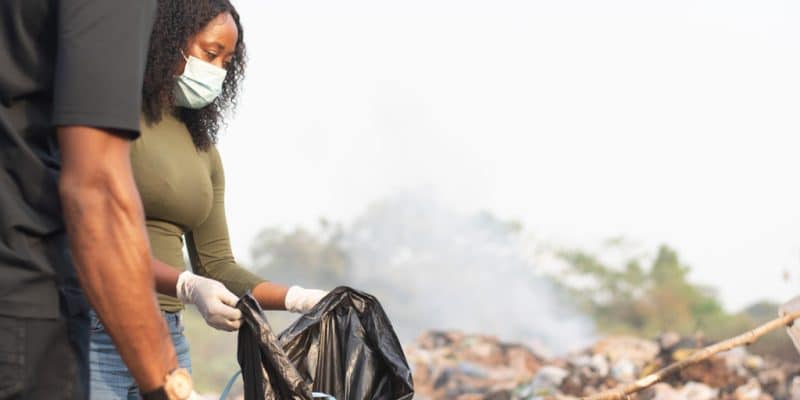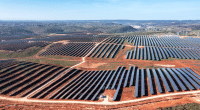In Nigeria, the Bayelsa State government is banking on training to improve waste management. A programme on recycling practices has been launched by the National Directorate of Employment (NDE) for 30 young people. The training is taking place in Yenogoa, the capital of the Nigerian state.
Bayelsa State in Nigeria is determined to put an end to pollution. Since 11 August 2022, the National Directorate of Employment (NDE) has been training 30 youths in waste recycling practices at the request of the Bayealsa local government. The training is taking place in Yenogoa, the capital of the Nigerian state.
The participants in the programme come from eight zones in Bayelsa. The aim is to popularise the various methods of recycling waste, which is now considered a resource.
Poverty reduction
This waste could be recycled into secondary raw materials that will then be sold to industries. “Among the waste that can be recycled are batteries, refrigerators, radios, mobile phones, polyethylene, cans, tyres, used motor oil, filters, scrap metal, paper, disposable bags and fluorescent bulbs, etc.,” says Nuhu Fikpo, NDE’s director general.
Besides reducing pollution, the project will also create jobs in the waste sector. This will help to improve the standard of living of several families. The National Directorate of Employment in Nigeria has given itself three months to achieve its goals in Bayelsa State.
Read also –
Like Bayelsa, many local states are burdened by waste. At the federal government level, sustainable management projects are also being implemented to strengthen recycling value chains in local states. The West African country secured funding from Japan and the United Nations Industrial Development Organisation (UNIDO) worth 319 million yen (about $2.8 million) in early 2022 to achieve its goals.
Inès Magoum







